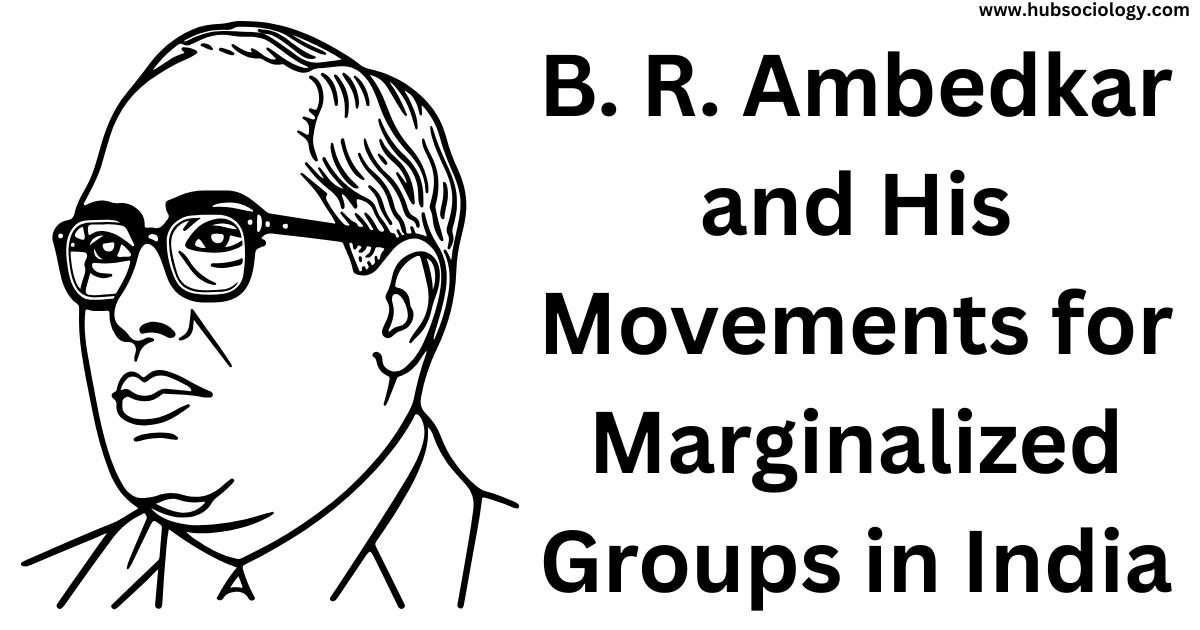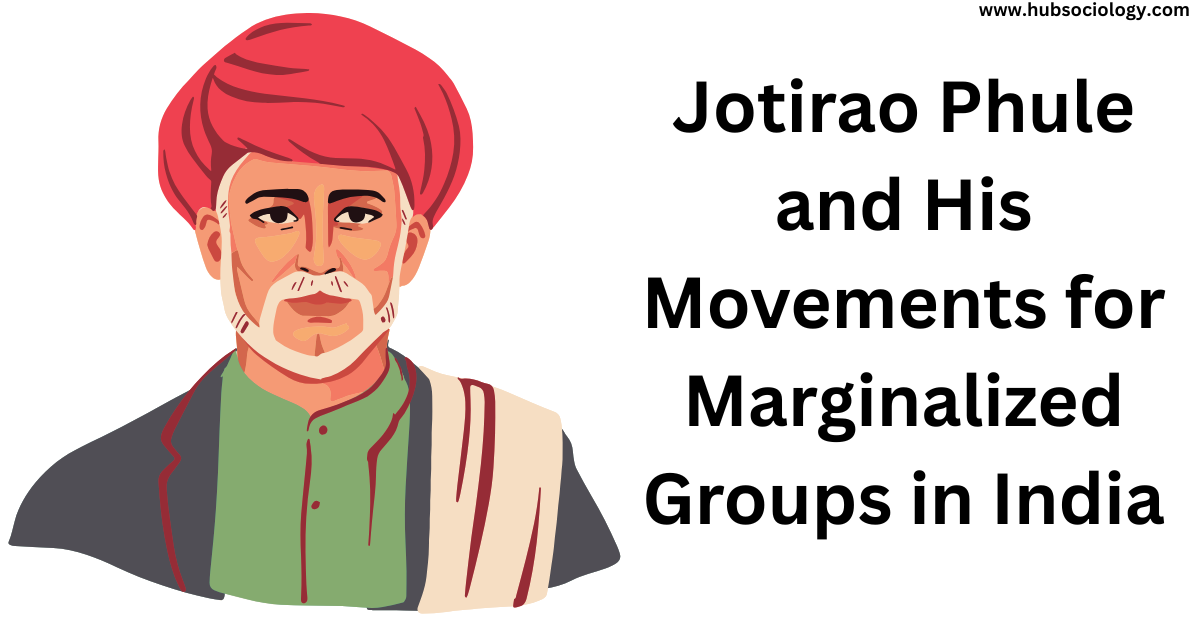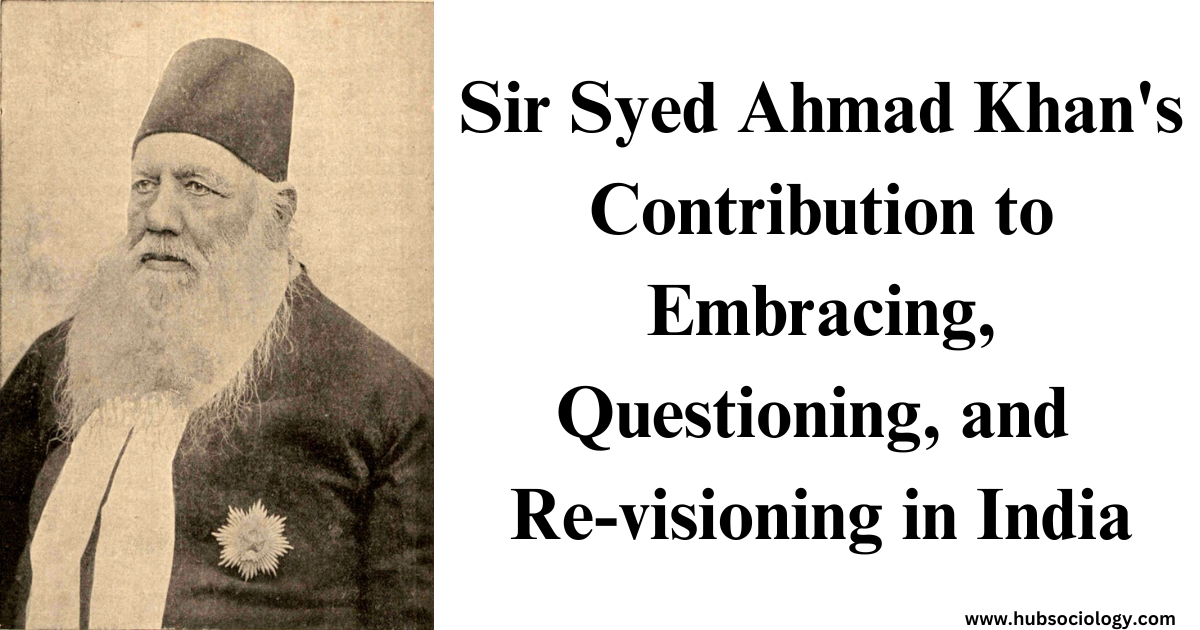Health and Human Development : Human Development Index
Introduction on Health and Human Development Health and human development are fundamental to sociological inquiry because they reflect the interplay between individual well-being and broader social structures. The Human Development Index (HDI), developed by the United Nations Development Programme (UNDP), provides a multidimensional assessment of development, moving beyond purely economic indicators to include health, education, and … Read more









